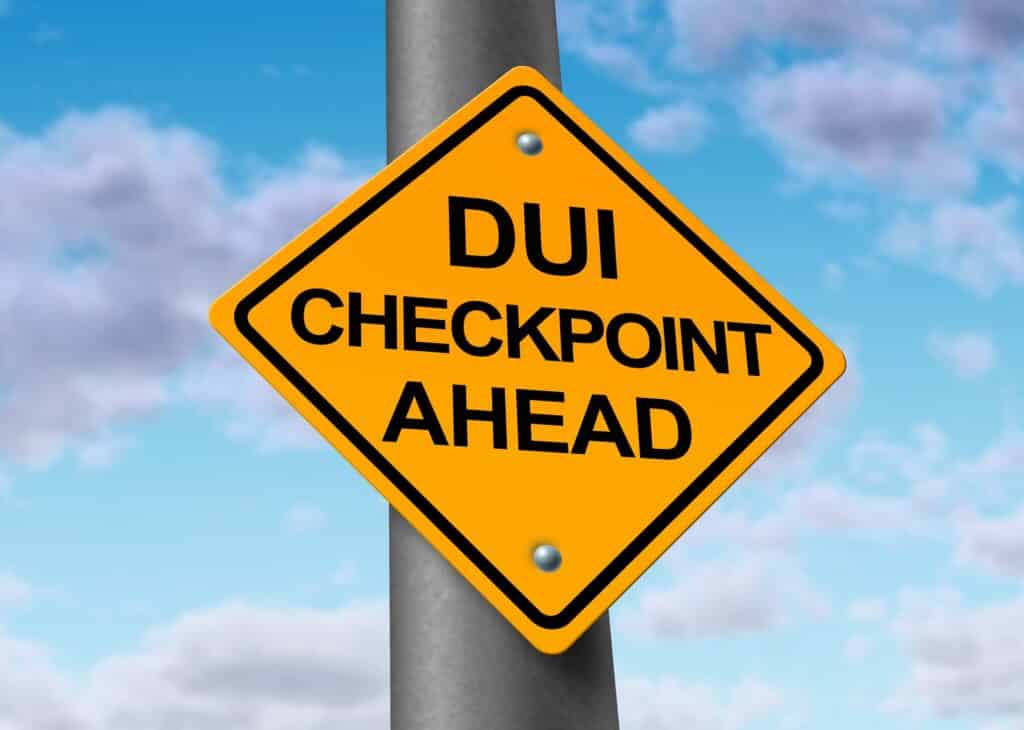Both medical marijuana and recreational marijuana were approved by the voters of Colorado through amendments to the Colorado Constitution. A common questions is: What are the pros and cons of keeping a red card? The answer to this question will depend on patients’ specific scenario since the amendments differ in several ways. The below are key issues relating to medical & recreational marijuana, identifying exactly how they differ.
This is not legal advice. Legal advice can only be received from an attorney in the attorney’s office when there is attorney/client privilege. The information provided is for educational purposes only and is not advising a person to be involved in possession, cultivation, consumption or any other activity related to marijuana. Marijuana is a federal offense and federal law supersedes state and local laws. This means that any person involved in medical marijuana or recreational marijuana is subject to federal prosecution.
Plant Count:
• Medical marijuana: The standard authorized amount of plants for a person approved for a marijuana registry card (red card) allows a patient to have 6 marijuana plants with no more than 3 plants flowering (or budding). The amendment does have a provision that allows a patient to raise an affirmative defense to have a higher plant count. The application form for the Colorado Department of Public Health and Environment (CDPHE), the governmental agency that grants or denies the red cards, has a section on its form where a doctor can write in a higher recommendation for a plant count. A patient should consult with an attorney as this changes the defense from an exception to the criminal laws to an affirmative defense. This basically means that a patient is not necessarily safe from legal consequences under Colorado law.
• Recreational marijuana: Persons over the age of 21 can have up to 6 marijuana plants with no more than 3 plants flowering (or budding). There is no provision allowing a higher plant count as there is with medical marijuana.
Usable Product:
• Medical marijuana: The standard authorized amount of usable product for a person approved for a marijuana registry card (red card) allows a patient to have up to two ounces of usable product. This has created legal issues for patients and caregivers because once a patient or caregiver harvest a plant they are over the 2 ounces. The medical marijuana definition for usable product means the seeds, leaves, buds, and flowers of the plant (genus) cannabis, and any mixture or preparation thereof, but excludes the plant’s stalks, stems, and roots. The amendment does have a provision that allows a patient to have a higher weight count in specific situations. The patient can raise an affirmative defense for amounts greater than 2 ounces. The application form from the CDPHE has a section on it where a doctor can recommend a higher weight count. A patient should consult with an attorney as this changes the defense from an exception to the criminal laws to an affirmative defense. This basically means that a patient is not necessarily safe from legal consequences under Colorado law.
• Recreational marijuana: Persons over the age of 21 can transfer 1 ounce of marijuana on their person when out in public (but may not display it) and may also possess the marijuana produced by the plants where the plants were grown provided the growing takes place in an enclosed, locked space, and is not conducted openly or publicly.
Costs of Purchase:
• Medical marijuana: Medical marijuana centers may determine the price they want to charge. The cost of medical marijuana has fluctuated significantly, basically decreasing since the State of Colorado started regulating medical marijuana centers. The price will include standard State, City and County taxes, typically between 7%-8%. Also, if a patient is indigent, the CDPHE can place “indigent” on the red card to avoid paying taxes.
• Recreational marijuana: Recreational marijuana centers may determine the price they charge. The price for recreational marijuana is currently (January 2014) high Because the State has recently authorized recreational marijuana stores, most local governments have banned retail outlets, there are not many retail stores, thus limiting supply, the current demand is high including out of state people enjoying Colorado law (although out of state people are limited to the purchase of ¼ ounce). In addition to the price tag, the taxes are extremely high. The amendment authorized an excise tax up to 15% – which was implemented at 15%, the state tax is 10% and the local tax is around 3%. This means that in additional to the price tag, the recreational marijuana user can expect to 28% in taxes in addition to the product.
Assistance:
• Medical marijuana: Medical marijuana patients may assign a caregiver or medical marijuana center as their provider. This allows the caregiver or medical marijuana center to produce the plants for the patient.
• Recreational marijuana: Recreational marijuana users do not assign a caregiver or recreational center to cultivate their plants. Persons over the age of 21 may assist other persons over the age of 21 with cultivation, possession, purchasing, transferring and consuming marijuana.
Applying for a Red Card:
• Medical marijuana: A medical marijuana patient must be examined by a physician in a bona-fide doctor/patient relationship. The patient must have a debilitating medical condition, be advised that the patient may benefit from the use of medical marijuana, and the physician must sign an application page. The patient then mails the complete application with a copy of a government issued id to the state, Colorado Department of Public Health and Environment. The fee was initially $90, decreased to $35, and is being decreased again to $15.
• Recreational marijuana: A governmental issued identification card is the only thing a person over the age of 21 needs.
Transferring Marijuana:
• Medical marijuana: A medical marijuana patient is not authorized to sell marijuana to anyone.
• Recreational marijuana: A recreational marijuana user is not authorized to sell marijuana to anyone. However, an adult over the age of 21 can transfer an ounce or less to another person over the age of 21 for no remuneration.
Privacy:
• Medical marijuana: The Colorado Department of Public Health and Environment is required to keep all patient information confidential except when a patient has requested the information or when law enforcement is verifying the status of patients’ red cards as part of an investigation to check and see if the red cards are valid. There have been reported breaches of this confidential information. Caregivers are required to register their grows with the Colorado Department of Revenue, Medical Marijuana Enforcement Division and disclose the patients registration numbers from the red card. Likewise, medical marijuana centers must list the patients’ registry numbers for all transactions.
• Recreational marijuana centers are not required to record the identifying information of persons purchasing marijuana, but must check the identification to insure the purchasers are over 21 years old or older.
Bans:
• Medical marijuana: The amendment authorizes local governments to ban medical marijuana centers, optional cultivation centers and marijuana edible producers. Although there are some local bans in Colorado, most locations allow medical marijuana businesses to operate.
• Recreational marijuana: The amendment authorizes local governments to ban recreational marijuana commercial operations. Most local governments in Colorado have a ban on retail marijuana businesses, cultivation centers, and marijuana edible producers. This is likely to change over time as the bans can be overturn by the local voters and local governments may elect to lift the bans to enjoy the high tax revenue.
For more information regarding medical & recreational marijuana here in Colorado, visit our Medical Marijuana Guide.



